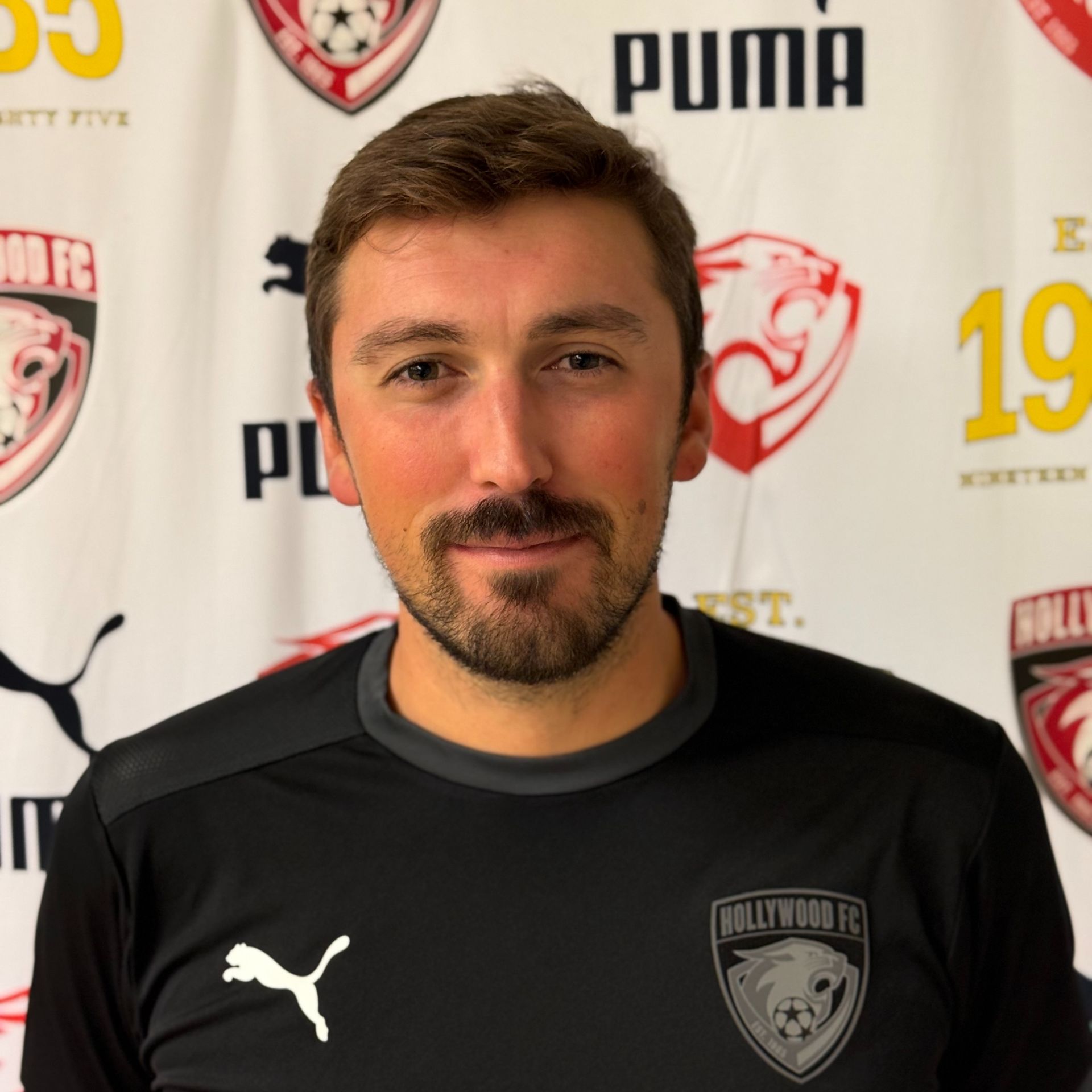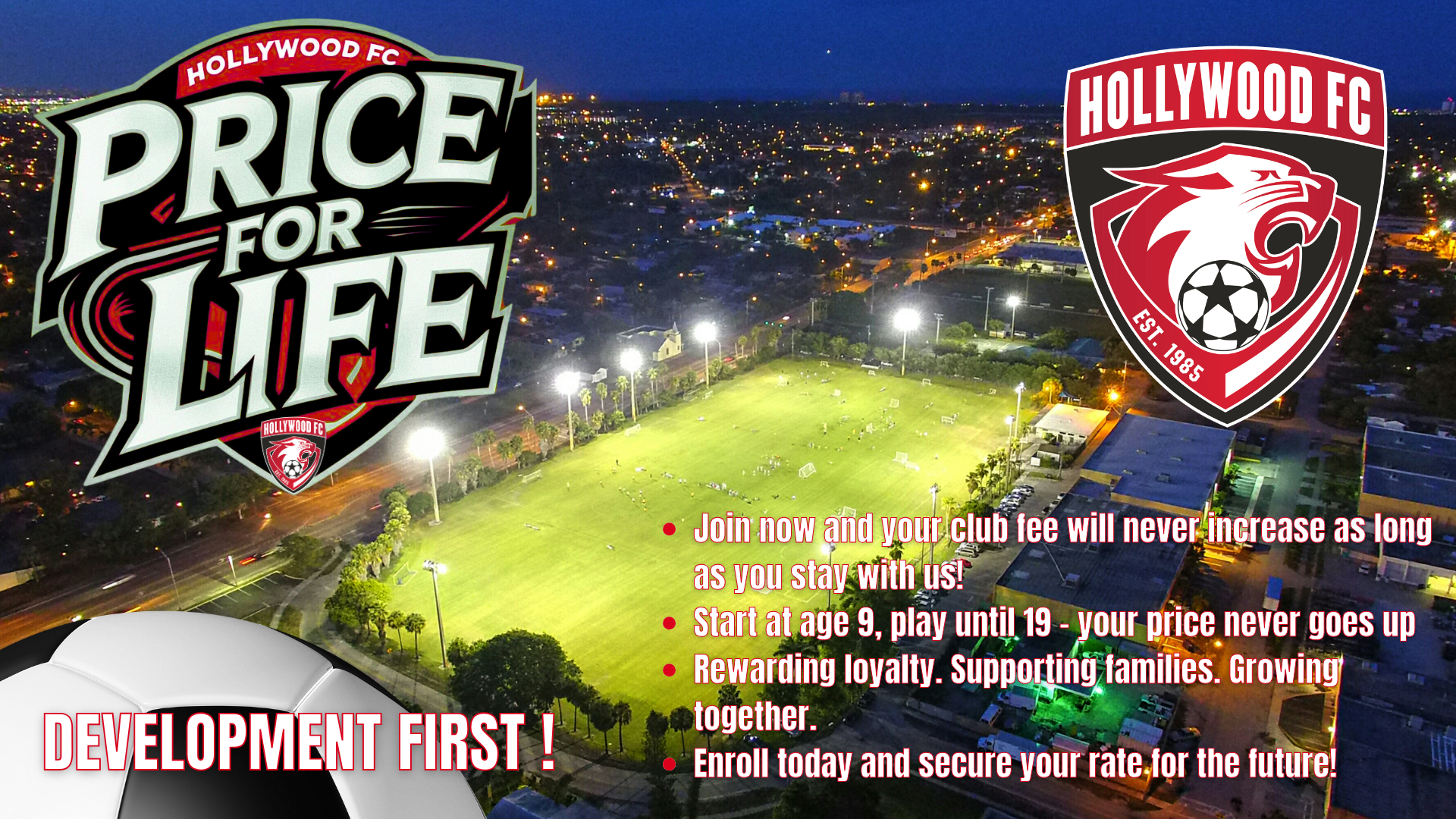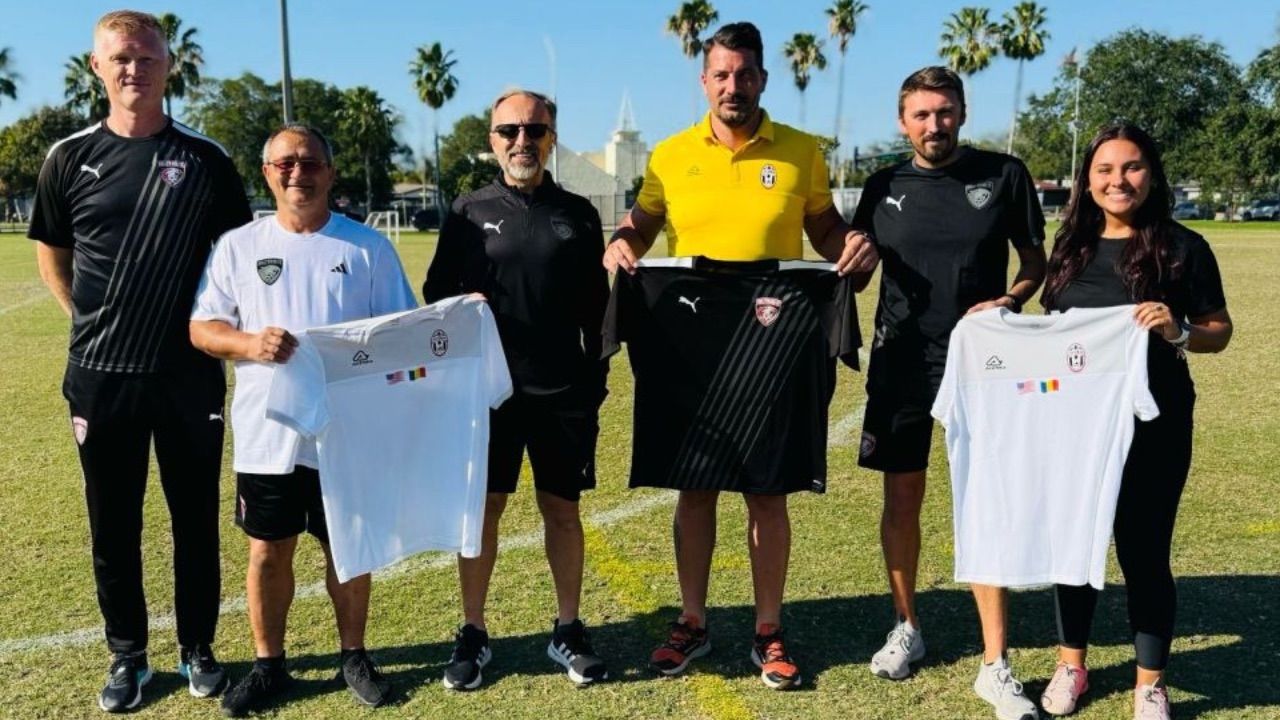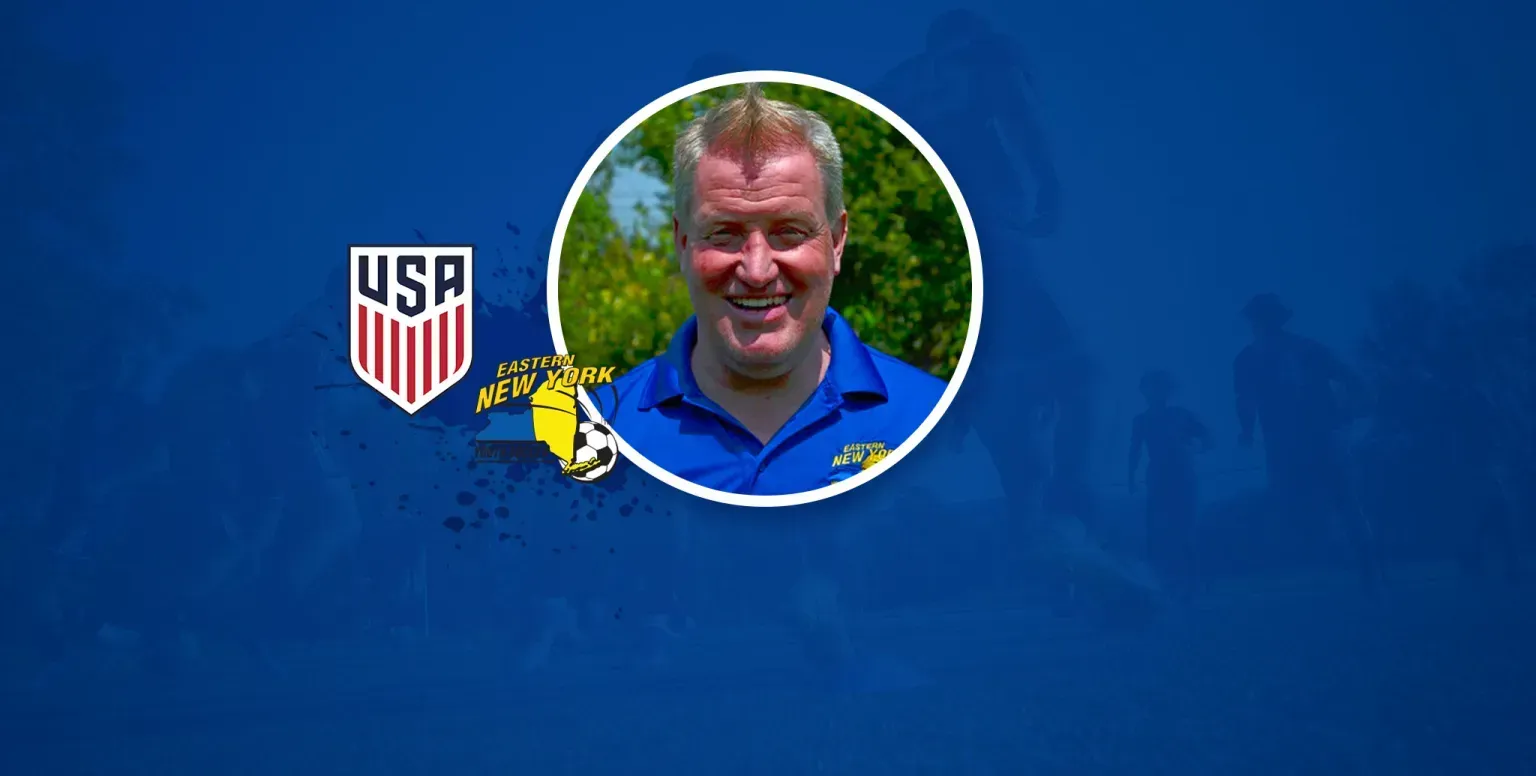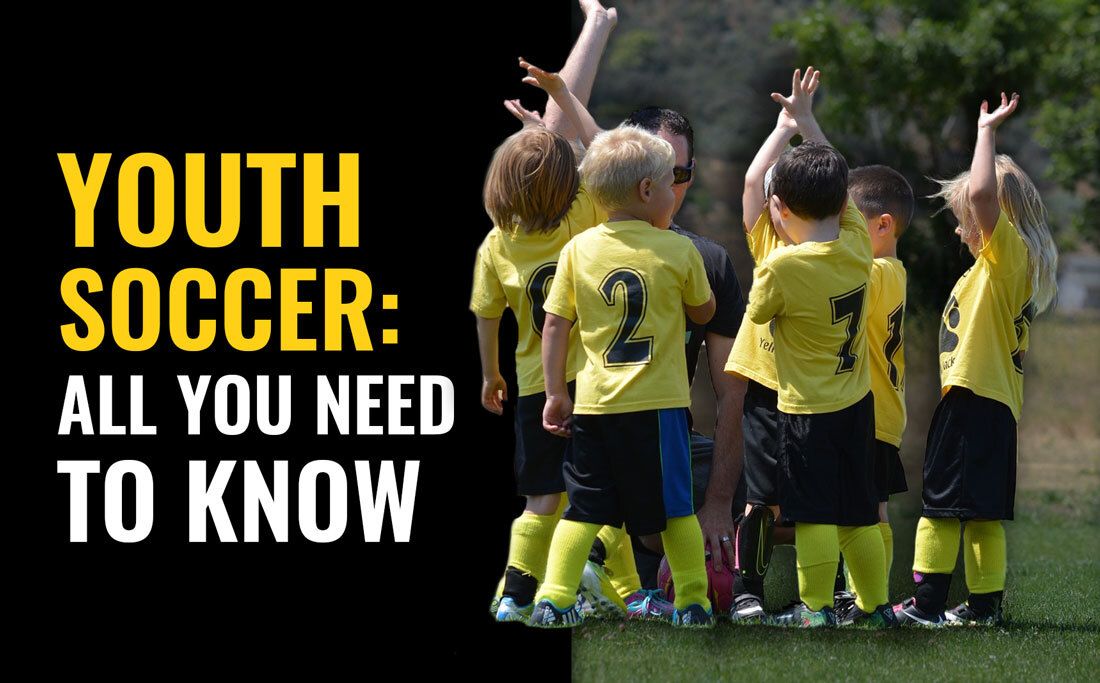My 9 Year old is a FORWARD!
Your 9 year old player is NOT a forward. We do not even know if he is going to be a “soccer player” in the future.…Read on

by Tony Earp
Your 9 year old player is NOT a forward. We do not even know if he is going to be a “soccer player” in the future. The only thing we know for sure is that he plays soccer and seems to enjoy it. He may even begin showing areas of the game that he is better at than others, but he is not a forward, defender, midfielder, or a goalkeeper yet. Why? He is too young and not nearly experienced enough yet to know for sure. We do not know if a 9 year old will grow up to be a doctor, teacher, mechanic, scientist, or an artist, but we certainly know they are not one right now. At the moment, the player is playing soccer and is being a kid, and that is all we know for sure.
Too often, we label players as being fit for a certain position WAY TO EARLY in their development. We see certain tendencies, many which have nothing to do with actually playing that position correctly later on, and decide that is where the child should play. The child is put in that position because it is where they are best right now, but more importantly (but not really), it is what helps the team win more games right now. Once a player is pigeon holed into a position, it is the only position the child plays for games and it severely limits the player’s ability to develop all the skills required to play in the future and the overall understanding of the game.
There are countless benefits for players to get to experience all positions on the field. The players gain a better understanding of the entire game. Playing all positions helps with understanding responsibilities and positioning on the field. The player’s learn the relationships between different positions on the field. Most importantly for young players, it challenges the players to use different skills, in different ways, in different parts of the field, and it is more fun!
Playing the same position all of the time only requires the player to use certain skills, usually their stronger ones, over and over again, so the game becomes less and less challenging over time and the player’s learning slows down. There is little opportunity to grow past what the player can already do on the field and what the player already knows. As the players get older, the size of the field gets bigger, the number of players on the field increases, the formations change, and the playing approach becomes more sophisticated. As the game changes, the player with less experience in different positions will be more limited in regards to fitting into the game than a player who has played and learned the skills and knowledge required to play different positions. The player will begin to struggle as more is required by the coach and the game. The saddest part is the player who has grown up loving the game and was doing very well will increasingly begin to struggle, and the game will quickly become not as much fun. The player, in the spirit of having a lot of success right away, was deprived of the needed development opportunities to play the game and have success at the older age groups.
Which kids are usually labeled as a forward or defender when young? Coaches use physical attributes, which I am told change as kids grow up, and skill levels, which also change, and the personality of the player, which, you guessed it, also changes over time. The big and strong, but slower player, with a “big kick” gets placed as defender each game, while the speedy and more athletic player with more skill gets placed as a forward.
Each time the player labeled as a defender gets the ball, he is asked to just kick it forward and away from his own goal. The player rarely gets opportunities to take players on with the ball, dribble in space, receive passes from teammates, or get forward to try to score. The player gets good at winning the ball and kicking it far up the field for the forward to chase down. The player is praised and rewarded for doing his very well. Unfortunately, he will be required to do more than this in the future, even as a defender, when the game gets more advanced as he gets older, but he will not have learned how to do anything more.
When the forward gets the ball, he is asked to try to run forward and use his speed to get past the slower defenders. As soon as he is near the goal, the coach will want him to try to score. Between the two players, the forward gets the benefit of getting more touches on the ball and working on skill moves. But, the player gets little experience defending near his own goal, learning to play out of the back, and seeing the game from a different part of the field. If the player is moved to a different position by another coach, the player will be very unhappy about it and will become frustrated quickly as he can no longer do what he has always done… run forward and score goals. The player never gets to learn and appreciate any other aspect of the game. The only way the game is fun is if he is playing forward and scoring goals. A player who may have been considered the “best” player on the team, and doing everything right, can quickly become the player who struggles and does not have the required skills to continue to play at a competitive level as the seasons pass.
What about the players who do not fit either of these profiles? What about the players who are considered to be weaker because they cannot impact the game the same way? I have heard coaches say they try to “hide” these players on the field so they do not have to do much, or put them with stronger players who can cover for the weaker player’s mistakes. This limits the player’s negative impact on the team. Some may call this “good” coaching, but I feel this is the LAZIEST form of coaching. Instead of trying to help weaker players improve, the coach decides it is just easier to find a way that the player’s deficiencies will hurt the team the least. That is not coaching. That is REFUSING to coach. Again, these players are not allowed to play certain positions that are reserved for the “stronger” players and they miss opportunities to get better and learn how to play the game. Often these are the smaller, less athletic and coordinated players, who are driven out of the game way to early because they were not athletic enough as a young kid.
Yes, as players get older, at the senior levels, players will not be moved around as much and players begin to be more specialized in playing certain positions on the field. With that said, and as players develop as forwards, midfielders, defenders, and goalkeepers, it is still good for them to move around at times to help them learn the intricacies of each position in relation to the one they play (goalkeepers much less than others). At the older age groups, there is still a lot of development to be done, much of it tactical and understanding systems of play, which is best learned by experiencing different positions and formations. It would not be as fluid as with a younger team, but some movement in positions is still beneficial.
Really talented players can usually be effective and have a decent amount of success in most positions on the field. These types of players have a strong understanding of what is required from each position on the field. Their knowledge of the game and skill set is not limited to a single position. Yes, based on their strengths and weaknesses there will be certain positions they are more suited for, but even that can change slightly based on the system of play and formation.
When I first started coaching, I tended to leave kids in the same position. I did not know as much (but I thought I did since I played the game my whole life), and I thought I was making the game better for the kids allowing each to play where they wanted to. The more I have learned as a coach, the more I realized how wrong my thinking was in regards to helping the players develop. I allowed the stronger and faster kids to just use those advantages all the time and have success. I encouraged and cheered them for doing it, and they did, over and over again, and the game was easy for them. I never challenged those players to work on their weaknesses and do things in the game that they were not comfortable with. Those would have been the things to really help them jump in ability level. Although there is nothing wrong with using their strengths, I never asked them, challenged them, or put them in positions to make them play differently to help them grow beyond what they could already do. If my job as a coach was to make them better, I did not do my job. I thought I was, but now I know, I was just cheering on what they already knew how to do. It would have helped those players immensely and they may be even stronger, more well rounded and higher level, players today if I would have given them more opportunities to improve and expand their skills.
So again, your player is not forward, at least not yet. He may be one in the future but he is not one right now. If you are right and he is a forward later on, and he has experience playing multiple positions, he will be an even better forward because of that experience. But if you are wrong, and he does not develop into that position, then where is he going to play? He does not know how to play anywhere else or have the skills to do so. With the assumption that we may not be able to predict the future for a player, it may be prudent to give the player the opportunity to learn the entire game by playing all positions when they are young. The players have plenty of time to learn how to be more specialized when they are older. When they are young, let them experience as much as possible.
Tony has a Masters in Education from The Ohio State University, is a State Certified teacher, and is a USSF C License coach.
